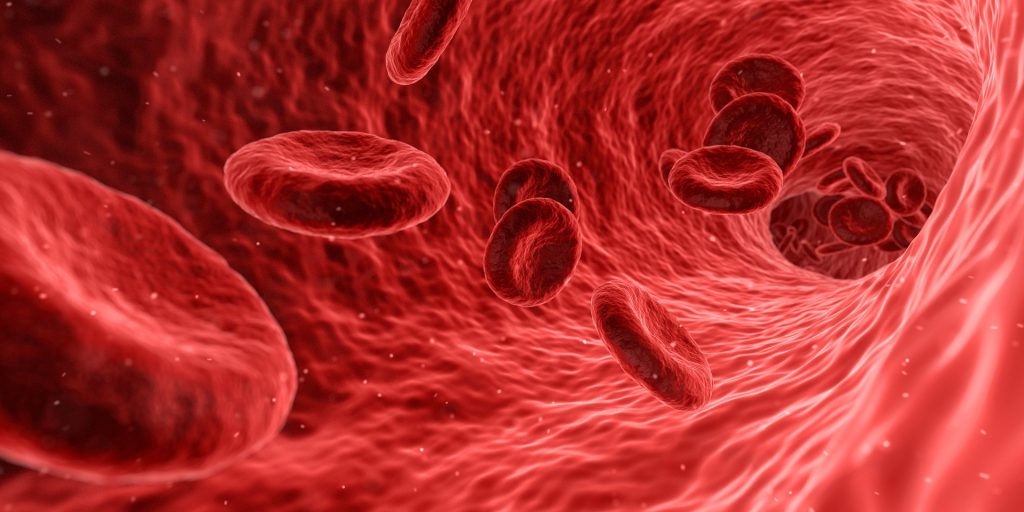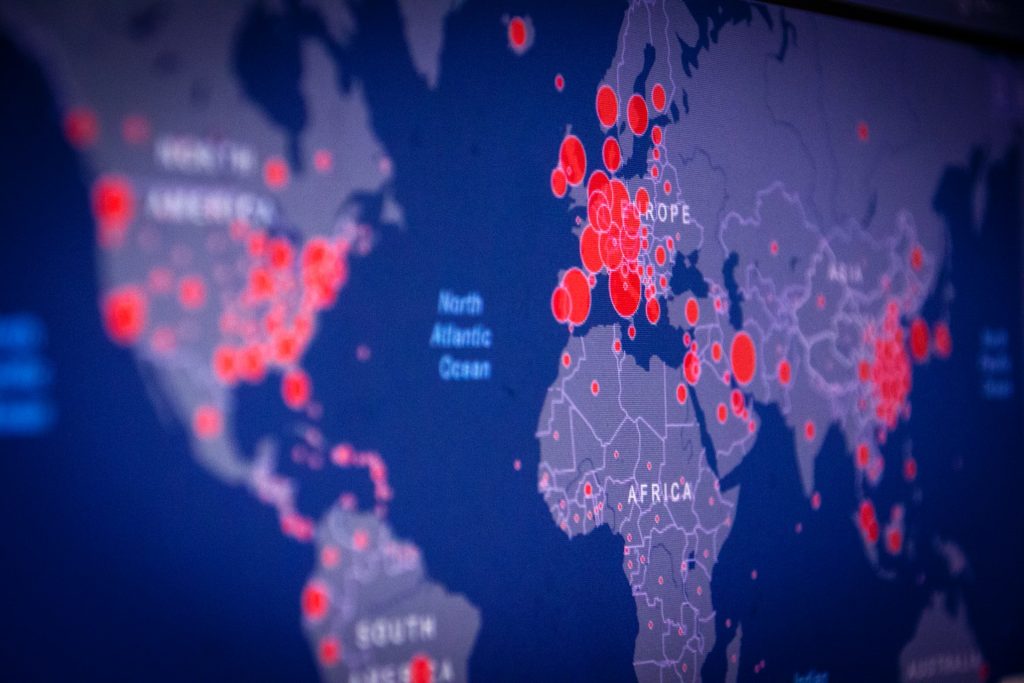Global Warming Drives a Third of Heat-related Deaths

While the COVID pandemic will eventually die down, the health threat from global warming will only increase as long as countries fail to control their emissions. Between 1991 and 2018, more over of all deaths in which heat played a role were attributable to human-induced global warming, according to a groundbreaking new study.
Global warming is impacting human health in a number of ways, from direct effects linked to wildfires and extreme weather, to changes in the spread of vector-borne diseases. One of the most striking ways is in the increase in heat-associated mortality and morbidity. Climate projections predict a rise in average global temperature, with extreme events such as heatwaves adding to future health burden. However, until now no research has been conducted into what extent these impacts have already occurred in recent decades until now. Research to answer these questions was led by the London School of Hygiene & Tropical Medicine (LSHTM) and the University of Bern within the Multi-Country Multi-City (MCC) Collaborative Research Network.
This new study focused on man-made global warming through a ‘detection & attribution’ study that identifies and attributes observed phenomena to weather and climate changes. Specifically, the team examined past weather conditions simulated under scenarios with and without anthropogenic emissions. This enabled the researchers to separate the warming and related health impact linked with human activities from natural trends. Heat-related mortality was defined as the number of deaths attributed to heat, occurring at exposures higher than the optimum temperature for human health, which varies across locations.
Published in Nature Climate Change, the study used data from 732 locations in 43 countries around the world. For the first time, it shows the actual contribution of man-made climate change in increasing mortality risks due to heat.
The study estimates that 37% of all heat-related deaths in the recent summer periods were attributable to the warming of the planet due to human activities. These deaths were highest in hot regions such as Central and South America (up to 76% in Ecuador or Colombia, for example) and South-East Asia (between 48% to 61%).
Estimates also showed the number of deaths from human-induced climate change that occurred in specific cities; 136 additional deaths per year in Santiago de Chile (44.3% of total heat-related deaths in the city), 189 in Athens (26.1%), 172 in Rome (32%), 156 in Tokyo (35.6%), 177 in Madrid (31.9%), 146 in Bangkok (53.4%), 82 in London (33.6%), 141 in New York (44.2%), and 137 in Ho Chi Minh City (48.5%).
The authors said their findings bolster evidence in favour of adopting strong mitigation policies to reduce future warming, and to implement interventions to protect populations from the adverse consequences of heat exposure.
First author Dr Ana M Vicedo-Cabrera, from the University of Bern, said: “We expect the proportion of heat-related deaths to continue to grow if we don’t do something about climate change or adapt. So far, the average global temperature has only increased by about 1°C, which is a fraction of what we could face if emissions continue to grow unchecked.”
While on average over a third of heat-related deaths are due to human-induced climate change, there is considerable regional variation. Climate-related heat casualties range from a few dozen to several hundred deaths each year per city, as shown above, depending on the local changes in climate in each area and the vulnerability of its population. Populations living in low and middle-income countries are those most affected yet produce the least global warming emissions.
Senior author Professor Antonio Gasparrini from LSHTM, and coordinator of the MCC Network, said: “This is the largest detection & attribution study on current health risks of climate change. The message is clear: climate change will not just have devastating impacts in the future, but every continent is already experiencing the dire consequences of human activities on our planet. We must act now.”
The authors acknowledge limitations of the study include a lack of empirical data from certain regions such as Africa.
Source: London School of Hygiene and Tropical Medicine
Journal information: Vicedo-Cabrera, A.M., et al. (2021) The burden of heat-related mortality attributable to recent human-induced climate change. Nature Climate Change. doi.org/10.1038/s41558-021-01058-x.




